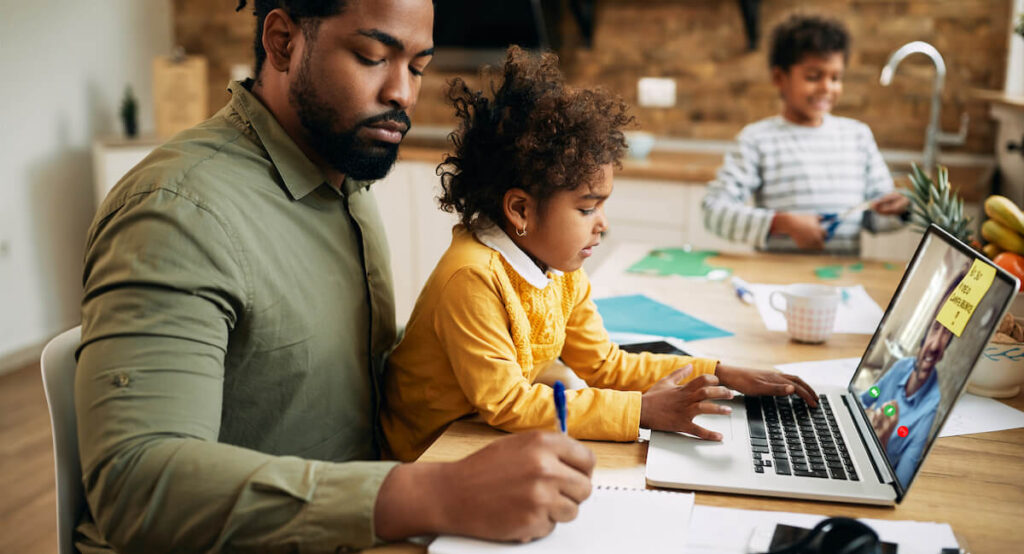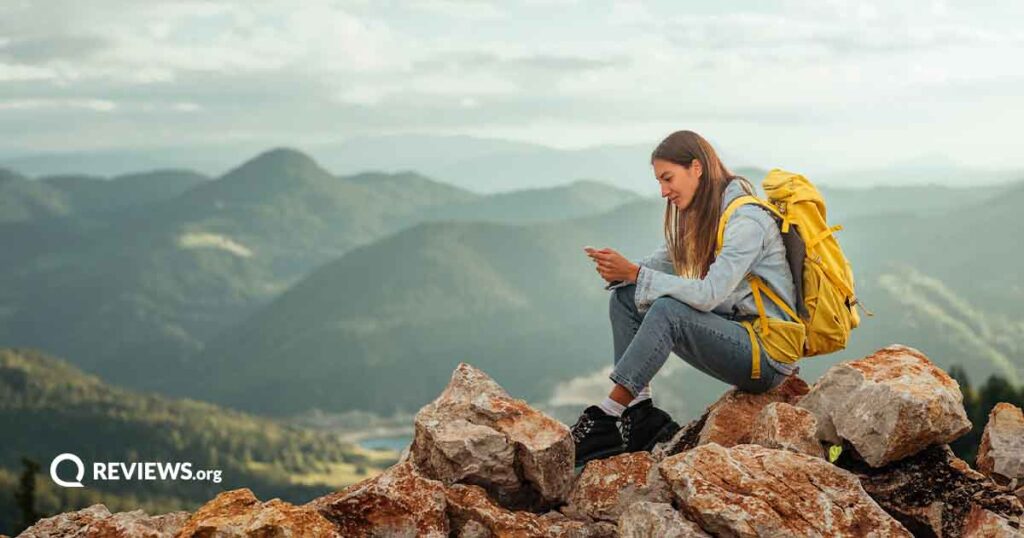“Need” is a strong word, but there are several reasons you should use a VPN. A VPN can do wonders to protect your privacy, keep you safe online, and shield your personal data from hackers.
If you’re just learning about VPNs (virtual private networks) and you still don’t know if you need one, don’t panic. VPNs aren’t as complicated as they sound. Roughly a quarter of internet users are turning to VPNs to keep their data from falling into the wrong hands.1 Here are several reasons a VPN will help keep you safe online and increase your security.



